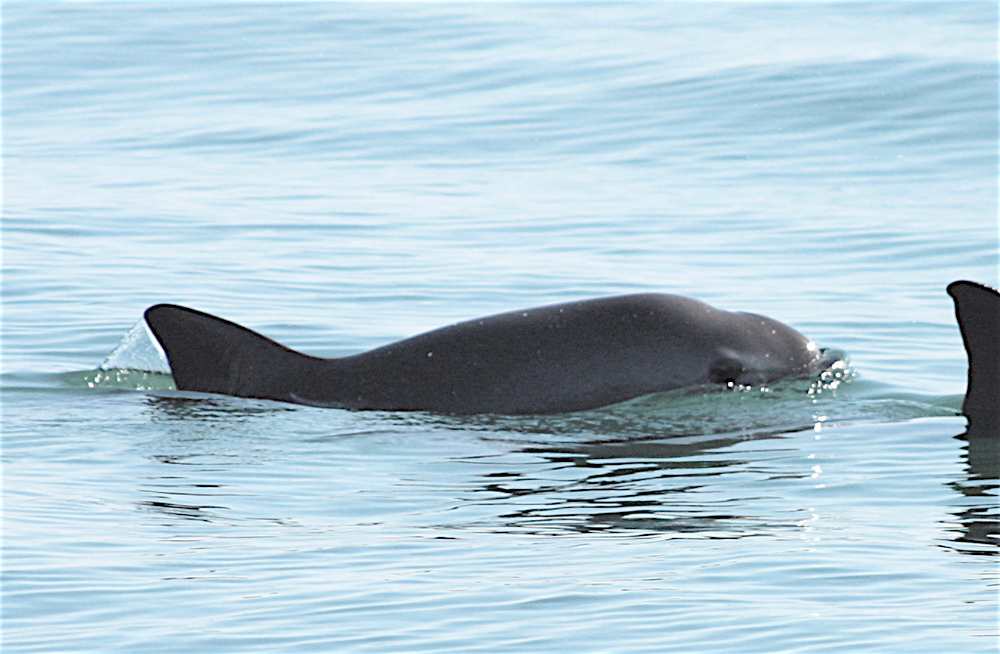The world’s smallest porpoise is running out of time. A new investigation has found that Mexico isn’t properly enforcing its wildlife protection laws, pushing the vaquita closer to disappearing forever.
Fewer than 10 vaquitas now swim in their only home – the northern Gulf of California. The recent report from the Commission for Environmental Cooperation (CEC) paints a troubling picture of continued illegal fishing in waters where these rare marine mammals live.
“This report confirms a heartbreaking reality,” said Sarah Uhlemann from the Center for Biological Diversity. Mexico needs immediate action to stop all gillnet fishing and enforce protection laws around the clock, she added.
The vaquita’s rapid decline stems primarily from death in fishing nets. Gillnets set for totoaba fish entangle and drown the small porpoises. Totoaba swim bladders sell for high prices in parts of Asia, creating a powerful incentive for illegal fishing despite bans.
The CEC found that Mexico’s claims about enforcement don’t match reality on the water. Despite fishing restrictions since 2020, local observations show illegal fishing continues much as before. Fishermen simply move their catch to processing facilities in different regions to avoid detection.
Similar Posts
Some protection efforts have shown promise. A specially designated “Zero Tolerance Area” has seen better enforcement. But researchers found that vaquitas also swim in the wider refuge area where gillnets remain common. Recent monitoring detected 41 acoustic encounters with vaquitas, proving some animals still survive.
Mexico’s commitments under international agreements have largely gone unfulfilled. The country promised to install 850 satellite tracking devices on fishing boats, but by June had only fitted 10 vessels with these monitors.
The United States now has grounds to increase pressure through the USMCA trade agreement. If Mexico doesn’t improve, the issue could reach a dispute panel with power to authorize import penalties until proper enforcement happens.
Conservation experts stress that protection must expand beyond the current focus area. They also call for faster introduction of vaquita-safe fishing equipment and targeting the criminal organizations behind the illegal totoaba trade. Without these changes, time is running out for this unique marine mammal found nowhere else on Earth.



















